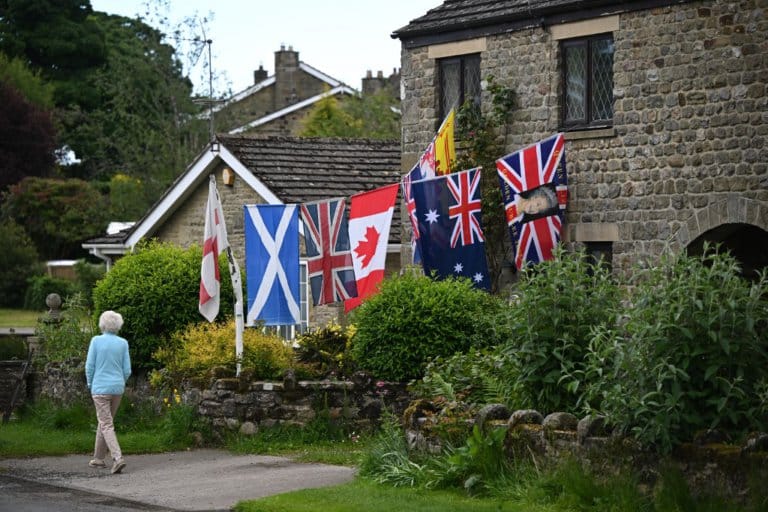
The English language can be complex and challenging — and that’s just how it’s written. How it’s spoken can be more baffling still.
Add British slangs, i.e. informal words and phrases, and watch how much more compelling the English language becomes. Or you could be left scratching your head.
Whether English is your first language or not, you will find that there are plenty of British slangs that do not make very much sense sometimes, but it is the way of the land, and very good to know.
Here are the top British slangs you should know and how you can use them:
Top 10 British slangs every international student should know
You alright?
This is a common term used by British people to ask how you are.
To us, this usually means something is wrong. But don’t worry, it only means the person is saying “hello, how are you.” The correct response here would be “Good, thanks!”
Mate
“Mate” is a term that everyone uses to call everybody, even the random stranger walking on the street.
Howdy!
Howdy means hello, but interestingly, it is not used across one region or country but rather from the Southwest in America to Southern England. The term simply means “hello”.
Love, pet, hen
One would think any form of affection should be strictly kept to people who show those emotions to each other — but not in England.
Over here, you’d find these words being loosely used with the postman, baker or even in professional environments.
Terms like “love,” “darling” and “doll” do not mean someone is hitting on you. Rather, it’s a casual, friendly greeting and means no harm at all.
Take it a bit further and specifically for England, different parts of the country will have different terms.
Ladies heading to Glasgow in Scotland will hear the term “hen” a lot, or “boyo” which is a Welsh term that just means “buddy” or “friend”.
Bloke
This refers to a man. You’ll hear “He’s a good bloke” or “Could you tell that bloke not to smoke please?” for example.
I’m chuffed to bits
When someone says they’re “chuffed to bits,” it means they are extremely pleased with themselves and are happy.
The Brits use “chuffed” for lots of things, but it all has a good connotation and means they are happy about the situation.
A good response would be agreeing with the person and telling them you are happy for them too.
Rubbish
What you probably know as trash or waste is called “rubbish.” You could say “Could you take the rubbish out please?” for example.
Snog
This means a long form of kissing or cuddling that’s amorous. Think of it as the British version of “making out.”
You may hear others commenting, “I saw your classmates having a snog at the pub.”
Pissed
Don’t confuse this with the American understanding of this word. It doesn’t mean someone’s angry, but just drunk.
Sloshed
Taking it one level above “pissed” is “sloshed.” If the former refers to someone who is drunk, the latter means someone is very drunk.
Gutted
Disappointed or crushed? As if you’ve been punched in the stomach? Say “gutted” instead.







